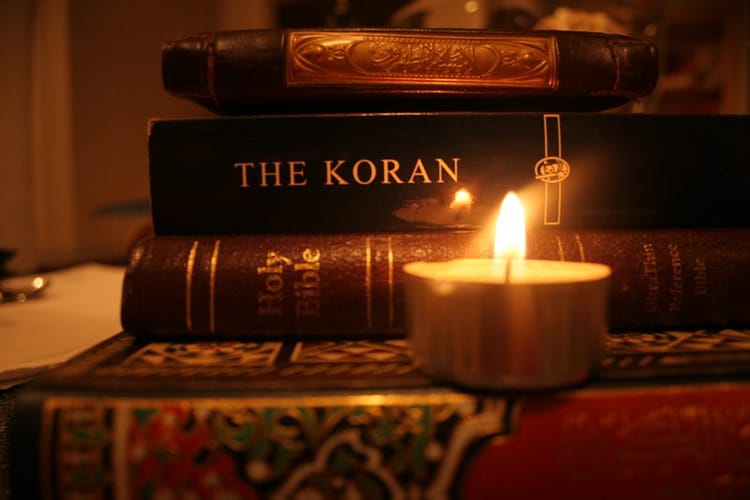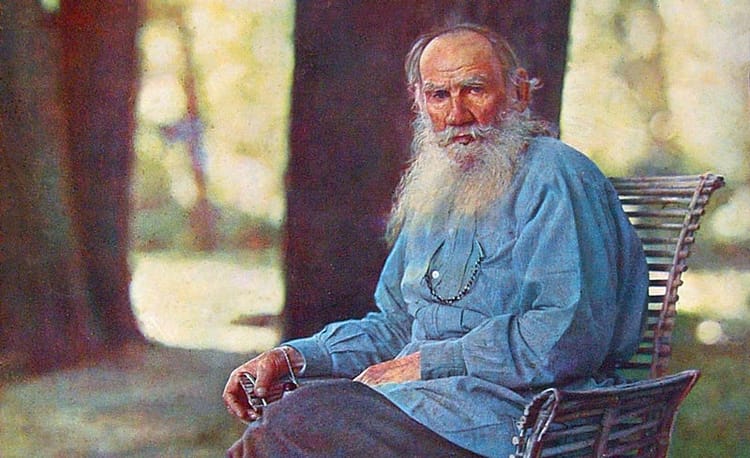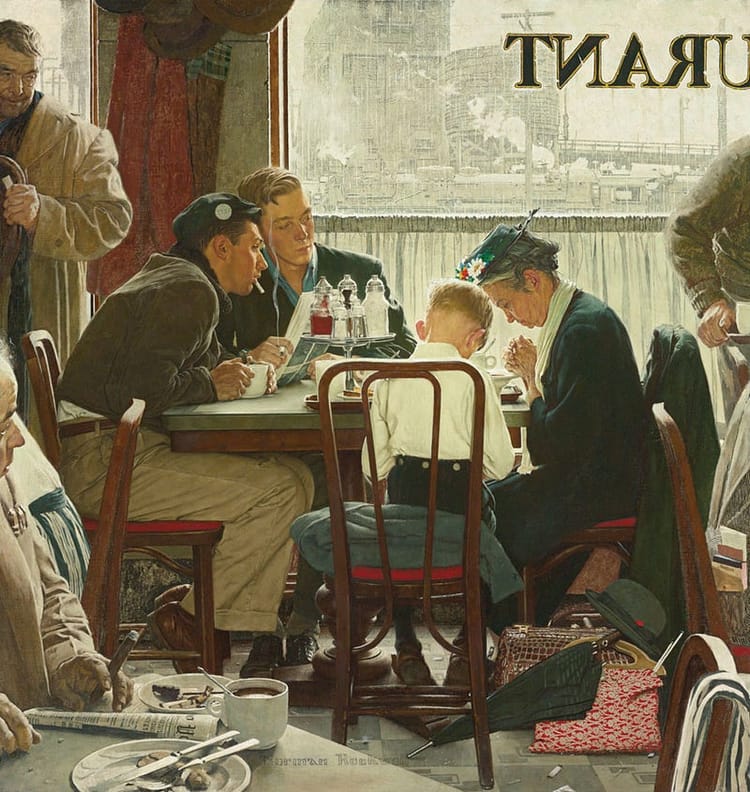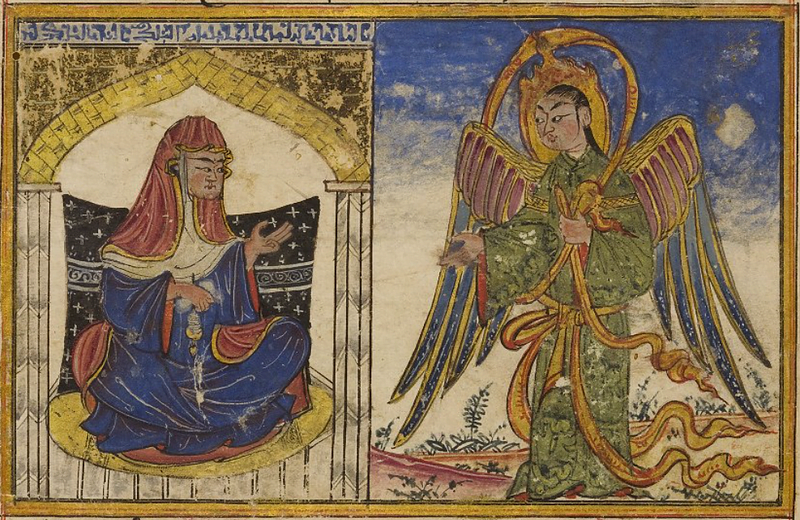The Convert Mindset in the West
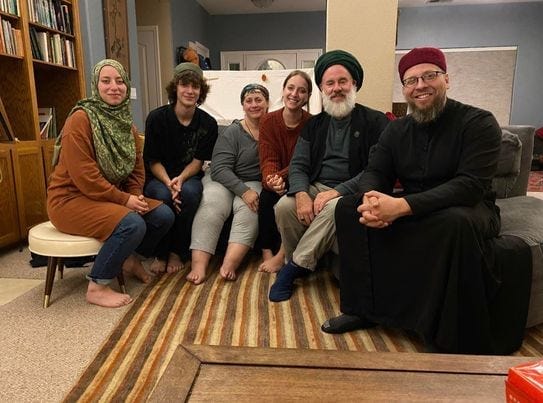
There is often a massive misunderstanding regarding conversion to Islam in the West. It seems to me that it is often seen in terms of tribe — as if one has totally betrayed and left one’s own tribe for another — thus leaving everything behind. This idea of rejection. In order to embrace Islam, it is thought that one must reject everything of their own spiritual heritage. This is absolutely not true.
My thoughts here are beautifully summed up by a man I’ve long considered my own teacher, Abdul Hakim Murad (Timothy Winter) of Cambridge. He said this:
“[Conversion to Islam] is not a movement into an alien cultural sphere, like the many British people who become Tibetan Buddhists. That’s a huge leap. There is no real overlap between traditional British monotheistic Bible-reading culture and the world of Tibet. That’s leaving everything behind. When you enter Islam, you are taking the only major spiritual step that allows you still to maintain the stories that were important to you and your ancestors. In a sense, it’s not really a conversion. It’s a kind of growth into something that makes more sense. This is important, because a lot of people think “Oh, you're a new Muslim, you’re like a new born baby.” You leave everything behind. You tear off the clothes of your ancestors and you join some kind of oriental, or Arab, or African alternative reality, but people who attempt that generally find that it is taking on too much. You can take on the practices of Islam, that’s already a lot, getting up for Fajr, Ramadan etc. That’s a lot to carry. If at the same time you are expected to conform to the norms of somebody else’s culture, that’s too much to carry. And nobody should be expected to make those two jumps together. It’s too much. And those who try it, because their mother-in-laws say “I won’t talk to you unless you are dressed the way my family dress back in Bangladesh” or wherever, it’s going to be extremely difficult. The point about joining Islam, as the successful converts have regularly reported, is that it is not a shift in culture, it is a correction of culture.”
I’ve seen this sort of ‘identity crisis’ at work, and it is by no means religated to Islam. How many times have I seen young men named ‘Matthew’ (for example) convert to Orthodox Christianity, only to change their name to a proper ‘Orthodox’ name like ‘Barsanuphius’ — all the while ceasing to shower and dressing like 19th century peasants? (I’ve seen this A LOT.)
“IS OUTRAGE!”
But more seriously, it is not that I doubt the sincerity of such people, but the focus and the mindset are just a little bit… off. As Americans, we are a people of ongoing identity crisis, and the the pull towards adopting a new identity in the face of increasing social chaos and insecurity is strong.
I feel there is often more of pathology than piety in much of American religious life. If a move to Islam is motivated by these sorts of identity crisis, then I would say that this is some cause for worry. Yet in the wise words of Abdul Hakim Murad, an embrace of Islam is not a rejection of all that has nourished you in your formative spiritual life as a Christian in the West, but rather a blossoming into a new space into which all of these things just seem to make more sense.
The Infinite God is a God of ever-unfolding mystery. May we always see with new eyes that which is Revealed from from the depths of this Hidden Love.
Glory to God for All Things.
Mashallah.

